☆ PuniPuni Youtube ☆
@punipunijapan Today I will teach you how to say “Long time no see” in Japanese🇯🇵 #hisasiburi #longtimenosee #japaneselesson #japanese101
Common Japanese Phrases: 久しぶり (hisashiburi) – Review Notes
Today’s quick Japanese phrase is 久しぶり (hisashiburi) – long time no see. This is a very common phrase to use when you meet someone that you haven’t seen in a long time.
In this review, we will go over some of the other ways that this phrase is used.
 ………………………………………………………………………………..
………………………………………………………………………………..
Today’s Quick Japanese Phrase is:
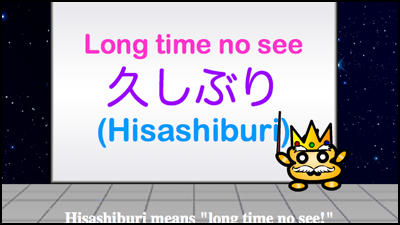
★ 久しぶり (hisashiburi) means long time no see in Japanese.
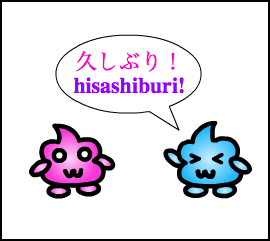
★ A more formal way to say it is お久しぶりです (ohisashiburi desu).
★ A very formal way to say it is ご無沙汰しております (gobusatashiteorimasu).
 ………………………………………………………………………………..
………………………………………………………………………………..
More about this phrase:
You can also use this phrase when you do something that you haven’t done in a long time.
Here are some examples of ways you can use this word in a longer sentence:
Example 1:
久しぶりにビールを飲みました。
Hisashiburi ni bīru o nomimashita.
For the first time in a long time, I drank beer.
Example 2:
昨日、久しぶりに友達に会いました。
Kinō, hisashiburi ni tomodachi ni aimashita.
Yesterday, I met a friend for the first time in a long time.
 ………………………………………………………………………………..
………………………………………………………………………………..
Do you want a Japanese tutor?
Take Japanese Skype Lessons with Professional Japanese Teachers on kakehashijapan.com!
………………………………………………………………………………..
………………………………………………………………………………..







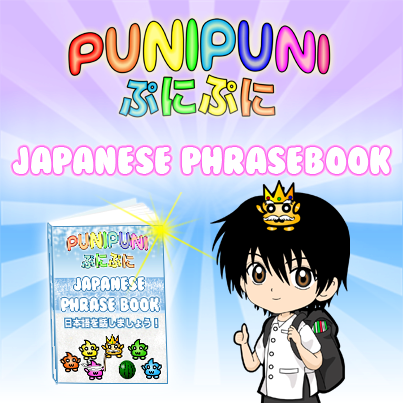

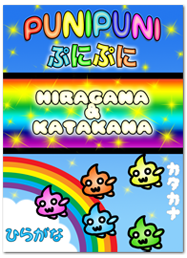
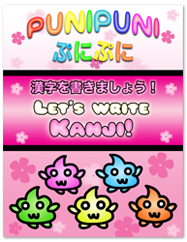
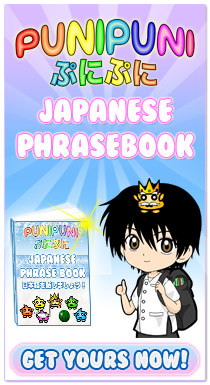

4 comments
I’ve seen the word ぶり appear a lot in some of the sentences I read, especially when used with time. Does it have any particular meaning?
Comment by Chip on 03/09/2013 at 10:24 pmWhen used with time, it means “for the first time in…” For example, 五年ぶりに会った (gonenburi ni atta) means “(I) met (him) for the first time in 5 years.” (◕ω◕)☆
Comment by PuniPuni on 03/09/2013 at 11:29 pmI’m not sure if I heard it right, but is the hi part in hisashiburi silent? Do you just say sashiburi? I’m confused.
Comment by myra on 03/19/2013 at 9:44 amIt isn’t quite silent, but sound “hi” in Japanese is often sort of whispered in Japanese. It is a much softer sound than in English. If you try to turn up your volume and listen closely, you should be able to hear it, but it is softer than the rest of the word. This happens in a lot of Japanese words that start with “hi” (◕ω◕)☆
Comment by PuniPuni on 03/19/2013 at 11:32 am